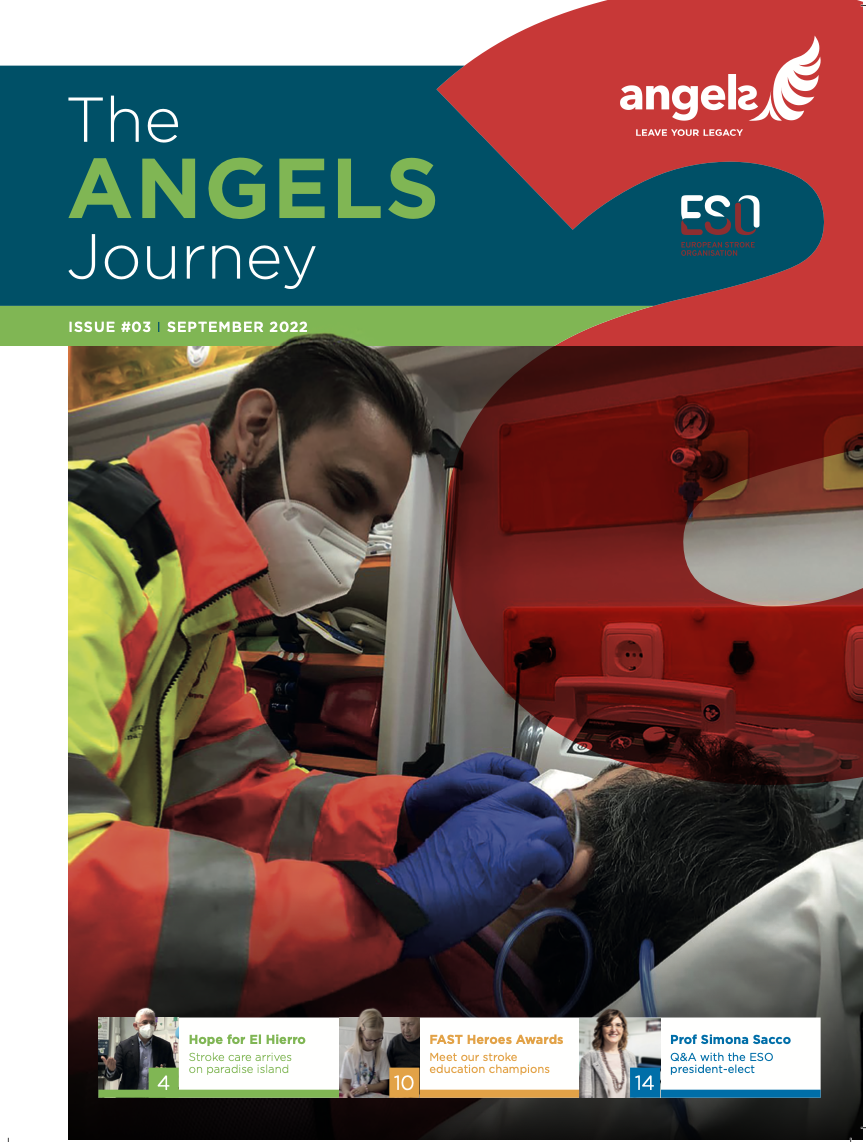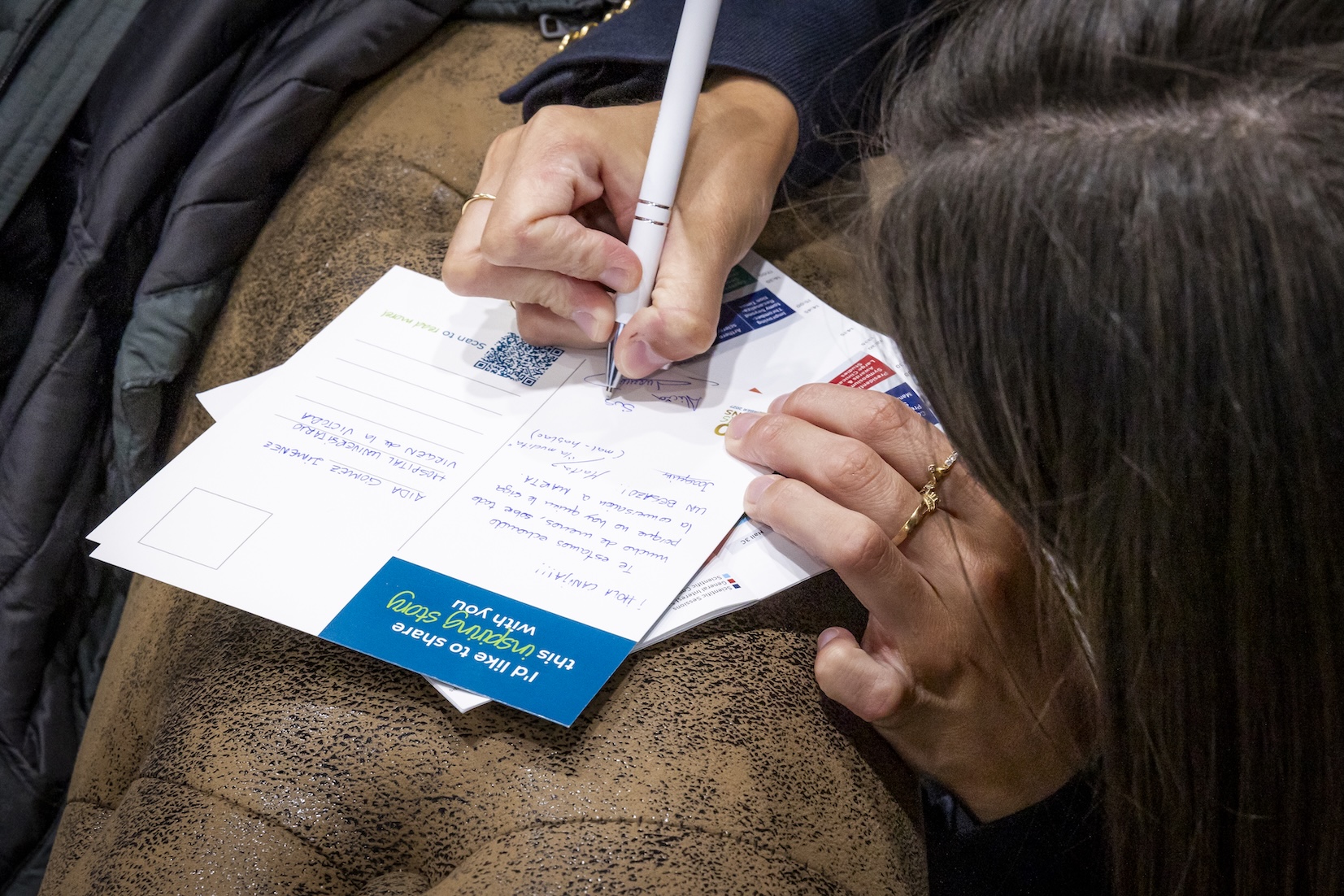
Selama beberapa tahun terakhir, banyak individu yang telah menginspirasi kita dengan semangat dan tekad yang mereka tunjukkan demi kepentingan pasien mereka. Namun sering kali kami juga diingatkan bahwa meningkatkan perawatan stroke tidak hanya menjadi pekerjaan individu yang brilian dan bersemangat. Ketika Anda bertujuan untuk mengubah dunia, Anda membutuhkan lebih dari orang-orang yang cerdas dan peduli – Anda membutuhkan sebuah suku.
Keberhasilan perusahaan tergantung pada sukunya. Kekuatan sukunya ditentukan oleh budaya suku, tulis Dave Logan, John King, dan Halee Fischer-Wright dalam buku tentang budaya suku yang didasarkan pada studi 10 tahun mereka terhadap 24.000 orang di lebih dari 2 lusin organisasi. Dalam Kepemimpinan Tribal terlaris mereka, mereka menjelaskan lima tahap budaya kesukuan yang membantu atau menghambat kemajuan kita menuju sasaran kita.
Tahap satu suku bermusuhan dan disfungsional, sikap mereka disimpulkan oleh gagasan bahwa “hidup menyedot”. Kelompok tahanan adalah suku yang satu, namun Anda juga menemukan mereka dalam kehidupan sipil tempat mereka dapat menimbulkan skandal, mencuri dari perusahaan, atau mengancam kekerasan.
Tahap dua suku biasanya ditemukan di organisasi berkinerja rendah atau departemen pemerintah disfungsional. Mereka juga percaya bahwa hidup menyedot – tetapi hanya untuk mereka. Orang lain, menurut mereka, lebih baik dari mereka. Seringkali sarkastis dan antagonis pasif, mereka dapat diandalkan untuk menolak inisiatif manajemen baru.
Tahap tiga adalah tahap ketika beberapa tingkat keberhasilan dimungkinkan. Tahap tiga suku membentuk 49 persen dari populasi dan biasanya terdiri dari orang-orang yang cerdas dan bersemangat yang bekerja di lingkungan yang menghargai upaya individu. “Saya hebat,” anggota tiga suku tahap percaya, tetapi mereka juga cenderung berpikir bahwa mereka akan mencapai jauh lebih banyak jika mereka dikelilingi oleh orang-orang yang sama-sama dihadiahkan. Mereka menginginkan kesuksesan tetapi akan segera mencapai plafon kaca – kecuali mereka dapat berubah dari individu yang hebat menjadi tim yang hebat.
Tahap empat suku menghargai kerja tim dan kreativitas. Mereka telah mengganti bahasa “Saya hebat” dengan gagasan bahwa “Kita hebat”. Di sinilah individu bertalenta menyadari bahwa mereka dapat mencapai lebih banyak saat mereka bekerja sama. Hanya sekitar 22 persen suku yang mencapai tahap ini.
Jika Anda ingin merasakan kesuksesan yang nyata, maka tahap empat adalah tempat yang tepat. Tetapi jika Anda ingin mengubah dunia, Anda harus bertujuan untuk menjadi suku tahap lima. Hanya sekitar 2% dari suku-suku mencapai tahap ini, tetapi ketika mereka mencapai tahap ini, mereka mengubah dunia. Tahap lima suku terdiri dari orang-orang yang sangat cerdas yang telah bergerak melampaui tahap tiga dan menyadari bahwa dengan bekerja sebagai tim mereka dapat mencapai lebih banyak. Namun, yang membedakan mereka dari suku tahap empat adalah bahwa mereka semua percaya pada tujuan yang lebih tinggi. Tujuan inilah yang mendorong mereka untuk mengubah dunia.
Menurut Logan et al, ada dua faktor penting yang memungkinkan suku-suku berpindah dari tahap empat ke lima – mengidentifikasi dan memanfaatkan nilai-nilai inti dan menyelaraskan tujuan mulia. Mereka menulis, “Semua yang dilakukan suku itu harus diapit di antara konstruksi ini. Proyek, kegiatan, prakarsa, proses – kecuali jika didorong oleh nilai dan jangkauan menuju visi kesukuan – harus dipikirkan kembali hingga sesuai dengan prinsip panduan ini atau dipangkas. Menurut definisi, nilai-nilai inti dan tujuan mulia tidak pernah dapat ‘diperiksa’ cara perusahaan menyelesaikan peningkatan ke teknologi komputer.”
Dalam edisi terbaru The Angels Journey, Anda dapat membaca bagaimana suku tahap tiga menjadi suku tahap empat di pulau vulkanik kecil bernama El Hierro ketika nilai-nilai inti diselaraskan, dan tujuan mulia baru diterima oleh semua orang. Anda dapat melihat suku tahap empat lainnya yang bekerja di Rumah Sakit Péterfy di pusat kota Budapest di mana keyakinan dalam kerja sama tim membantu dokter mempertahankan kualitas perawatan mereka bahkan dalam keadaan yang paling sulit.
Tidak ada pelajaran yang lebih baik tentang nilai-nilai inti daripada dalam reportasi kami tentang acara penghargaan FAST Heroes pertama. Sebagai salah satu penerima kehormatan kami, Elbieta Januszkiewicz dari Polandia, mengatakan, “Program FAST Heroes memungkinkan anak-anak merasakan nilai-nilai yang ingin kami dorong di dalamnya. Mereka belajar bahwa kesopanan, membantu orang lain, mendapatkan pengetahuan, dan membagikannya adalah ‘kekuatan super’ yang dapat menyelamatkan hidup atau kesehatan seseorang.”
Penyebab mulia mendorong Dr. Claudio Jiménez, seorang ahli neurologi di Rumah Sakit Simón Bolívar di Bogotá, yang mengatakan kepada kami, “Ketika akhirnya kami memahami hal itu dengan bekerja sama ... kami akan mencapai lebih dari sekadar pusat keunggulan neurologi – maka kami akan membangun tempat yang menjadi milik kami dan menjadi milik semua orang.”
Komitmen untuk menyederhanakan hal yang kompleks adalah nilai inti di Angels – dan Anda akan sulit menemukan contoh yang lebih baik dari ini dibandingkan dengan cerita kami tentang pra notifikasi di Polandia.
Kami juga berbicara dengan Simona Sacco, ketua ESO, tentang visinya untuk perawatan stroke di Eropa, dan memperkenalkan dua anggota baru dari suku kami. Yang disebut Baby Angels Inês Carvalho (Portugal) dan Eleni Panoutsopoulou ( Yunani)berbagi pendapat mereka tentang beberapa bulan pertama mereka sebagai konsultan Angels.
Kisah Anda tentang perubahan, yang merupakan hak istimewa kita untuk berbagi, juga mengubah kita. Ini adalah bagian dari keberhasilan Anda yang mengarah pada hasil yang lebih baik bagi pasien – tujuan yang mendorong suku kita untuk mengubah dunia.





